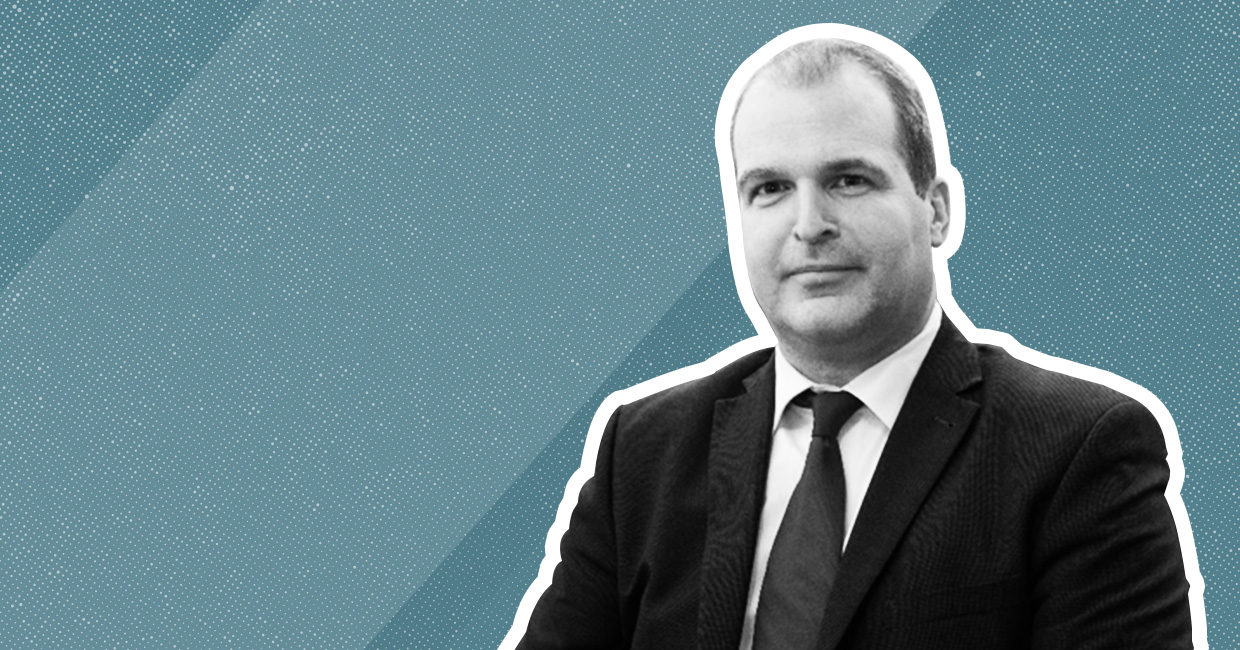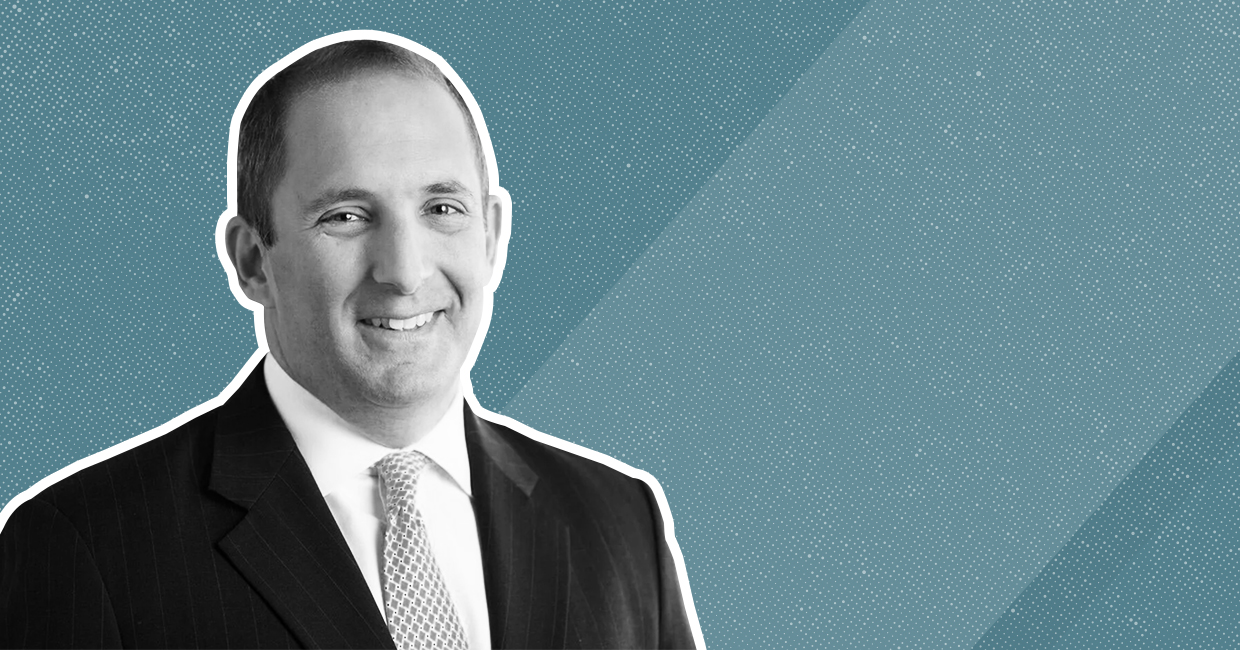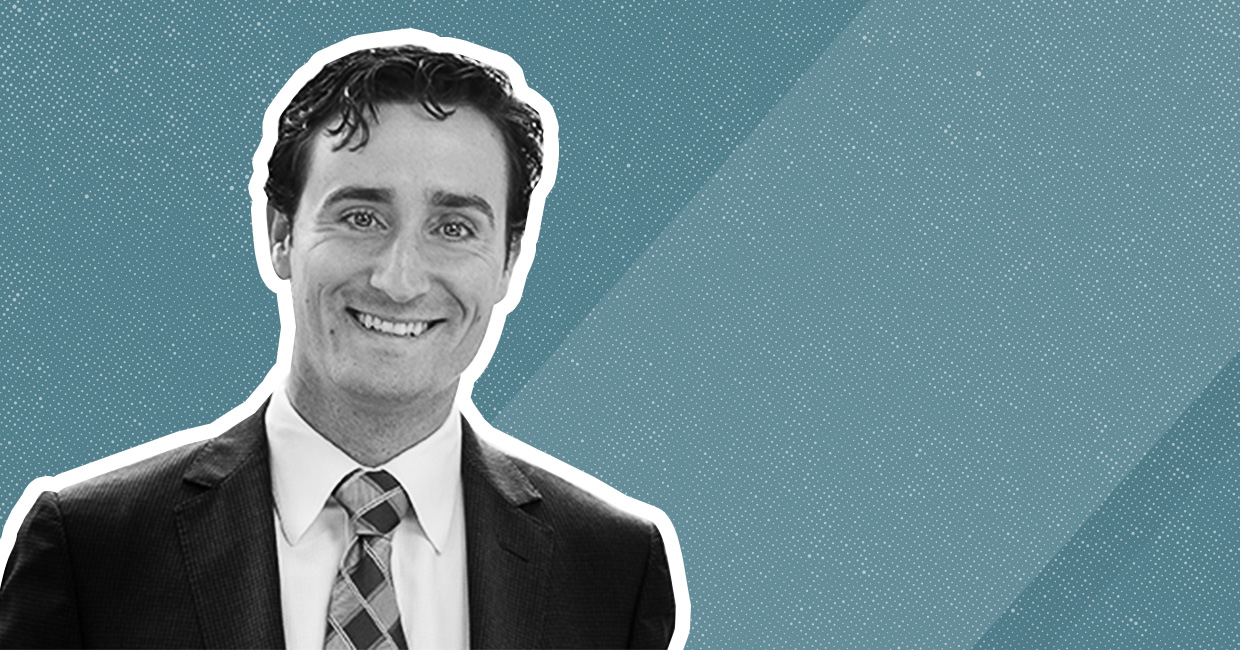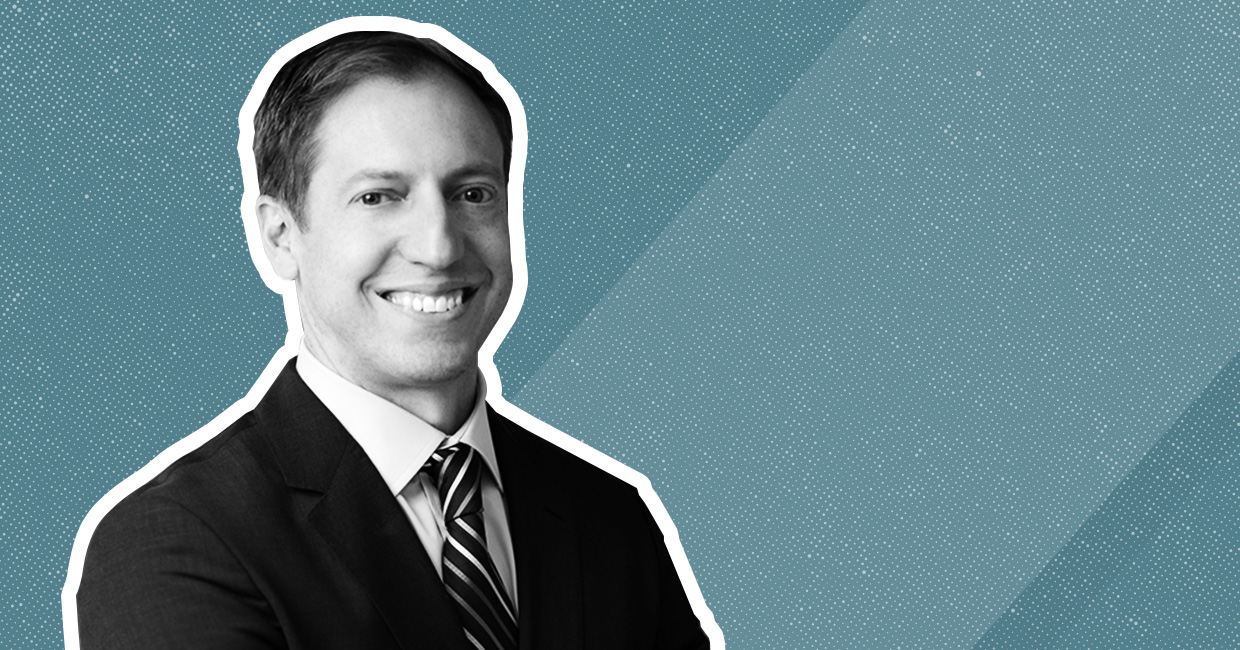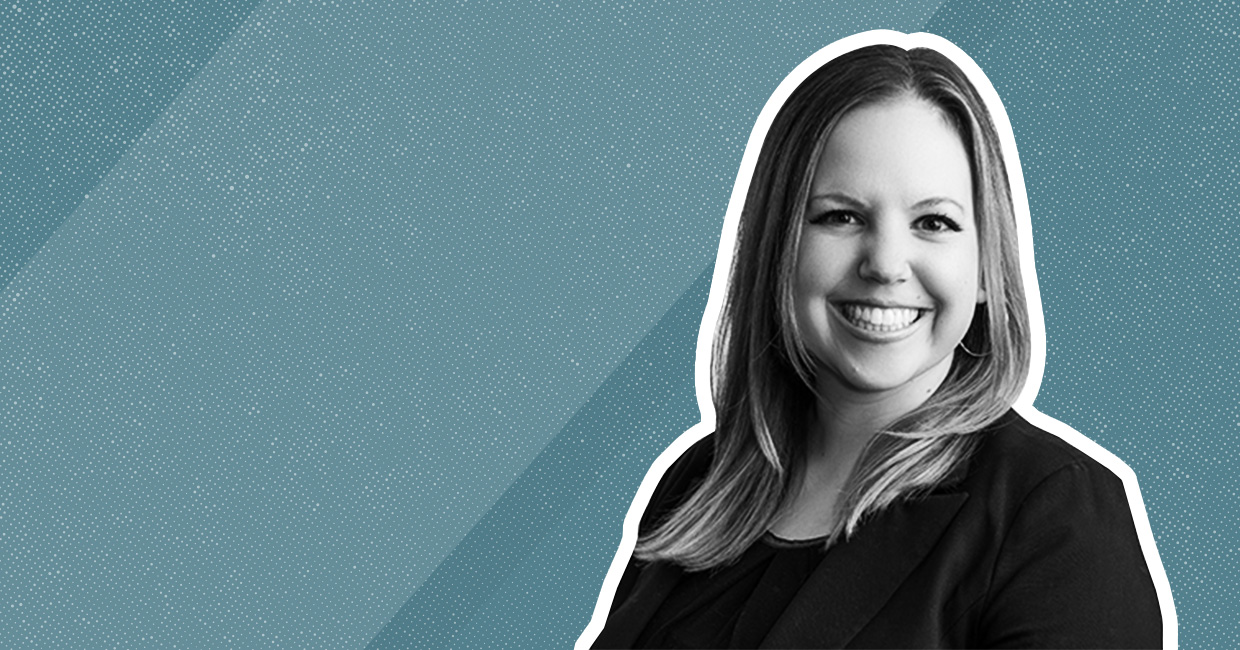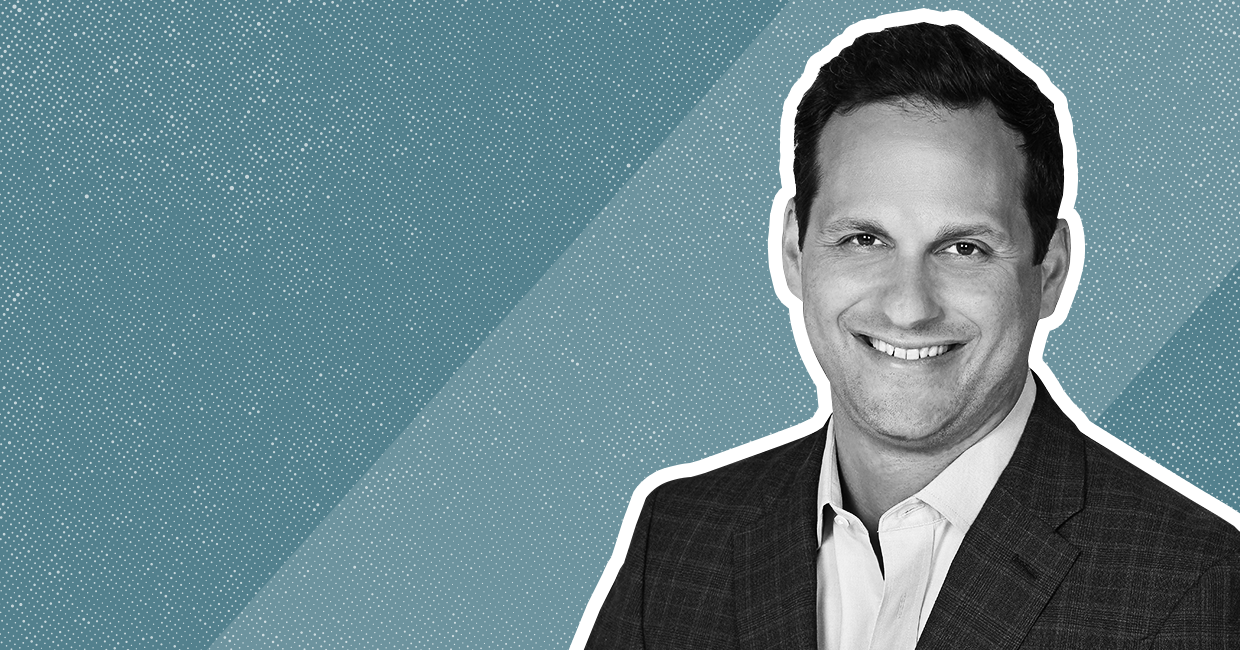The Proust Questionnaire was a parlor game popularized by French writer Marcel Proust. He believed that, by answering a few provocative questions, a person would reveal his or her true nature. In this series, we’ve asked a who’s who of M&A, private equity, finance, and legal professionals to provide short answers to our Proust Questionnaire for Dealmakers. Read on to hear what their candid responses reveal about themselves and the science and culture of dealmaking today.
For this edition, we sat down with Chris Starling, Managing Director of Holt Energy Advisors. Chris has over 17 years experience in the energy industry and has worked on over 40 energy sector transactions in both asset and corporate deals and restructurings. Prior to founding Holt Energy Advisors in 2018, Chris held a number of leadership positions in commercial, economic, corporate finance, business development, and M&A for Centrica, Sterling Energy and ENGIE. Chris is a Chartered Member of the Securities and Investment Institute in the UK. He earned a First Class degree in Economics from the University of Leicester.
Read on below to see what his candid responses reveal about the science and culture of dealmaking today.
TOUCHPOINT: Which words or phrases do M&A professionals most overuse?
Chris Starling: Definitely “pitchbook.” I hate the word! Having visual things to share in a meeting is always really useful, but to me this term has all the wrong connotations.
TP: As a teenager, Warren Buffet washed cars, delivered newspapers and placed pinball machines in local businesses. What was your first job and what, if anything, did it teach you about dealmaking?
CS: My first role was working as a fund manager’s assistant, where I was responsible for helping to settle trades and for the valuation of funds. I think I learned quickly that it’s not small things or big things that are critical, but their relative importance and impact. So as a fund manager, when it comes to prioritization, both need to be given proper consideration.
TP: Are you positive about the outlook for M&A in the coming year?
CS: This question always amuses me. Deals in the energy sector happen for a variety of reasons, regardless of oil and gas prices. It’s true that 18 months ago, price stability was in a nice sweet spot where buyers and sellers both felt comfortable transacting on larger deals. However, the constant presence of farmdowns, failing or unsuccessful companies, or even successful ones who have explored and need to sell to fund development and growth—means there are always opportunities and possibilities for deals.
TP: What is your greatest fear when you’re in the midst of a deal?
CS: We work on a lot of exploration stage oil and gas transactions. Geoscientists use a whole array of techniques and technology to predict where oil and gas fields are located and how much hydrocarbons may be present. However, when running an exploration deal, you never completely know how potential buyers will view the project and what assessment they may come to, be it positive or negative. This may be due to specific insights or intelligence that the company may have. Finding a fatal flaw in a project is probably up there with my greatest fears!
TP: What is the trait you most deplore in a client?
CS: We spend a lot of time with clients—at the start of a process, or even prior to that when bidding for a mandate—to really understand their objectives, what they would like to achieve, and what the minimum acceptable outcome is for them. Having clients who know what they want and what they need from the outset is really one of the most helpful things you can have.
TP: With so many moving parts, how do you keep deals moving and avoid bottlenecks and deal fatigue?
CS: All deals are different and have their own issues and challenges. I have bought and sold the same oil and gas assets several times throughout my career. To me, avoiding fatigue in a process is easy. Anything can go wrong at any stage, so you need to be alive to this. Bottlenecks are different, but particularly where there are commercial and financial barriers, as a non-geoscientist, I feel this is where I can help and add value to the process.
TP: Tell us about your biggest deal disaster (everybody’s got one).
CS: A distressed company (that no longer exists) called on a Friday for an urgent meeting, wanting to sell an oil field we co-owned. We asked what they wanted, given that they were close to going into administration. Their answer was, “Something beginning with a three.” Having worked our analysts over the weekend, we came to a valuation of their asset at about $50 million USD and assumed, given they wanted a quick deal, something in the mid-thirties would be acceptable. It transpired such that their geoscientists saw lots of upside (albeit unproven) and were looking for more than $300 million! After several more appraisal wells, the company finally sold the asset to a third party for around $75 million.
Get TOUCHPOINT stories delivered straight to your inbox.
TP: It’s called the IKEA effect—the tendency to place a disproportionately high value on things that you build yourself. How do you manage unrealistic valuation expectations from sellers who have spent years building their business?
CS: We see quite widespread use of contingent payments and earn-out structures in the oil sector. For me, buyers and sellers don’t always have to agree on a valuation if you can find a way to understand the difference and bridge them when the actual outcome is known. Of course, if one party wants more upside or lower risk, that can become a problem, but it’s not always as insurmountable as it first appears.
TP: There can be an unfair perception out there that investment banking is a commoditized business, not unlike real estate. Do you ever come across this? If so, how do you negotiate a fee that makes sense for both you and your client?
CS: We are very pragmatic on fees: open to a reimbursable model, fixed fee, fixed fee plus success, or success fee alone. For us it’s about what is both fair for the time we put in and the value we generate for the client.
TP: What do you consider the most overrated virtue?
CS: Patience, as it often morphs into passivity.
TP: What do you consider your greatest achievement?
CS: I have worked in the oil and gas sector for 17 years without being a geoscientist or engineer.
TP: What’s your favorite thing to do when you’re not at work?
CS: Watching Liverpool FC play at Anfield, especially during this last season. I was very lucky to pick up season tickets a few years back and have seen so many unbelievable games already. Seeing great comebacks or matches on TV is one thing, but being part of it is something very different and special.
TP: What is your most treasured possession?
CS: Probably my bike, despite the average bike in London lasting less than two years before being stolen! There are some very cool routes throughout the city now and into the parks and gardens in the suburbs. To me, this is a lot more enjoyable (and maybe easier!) than road cycling.
TP: What is your greatest extravagance?
CS: Travel. I love exploring new places. I have been fortunate to travel a lot in my career to some places very much off the beaten track, where natural resources exist. This has probably made me even more curious to explore these areas further. Africa in particular is an amazing continent poised for radical change.
TP: Get out your crystal ball: What do you think the M&A advisory space will look like in 50 years? Will it even exist?
CS: Fifty years is a long time, given the way the financial services and energy industries are changing with AI, blockchain, and the energy transition! In the future, it would be great to see the M&A and A&D advisory boutiques flourish again versus the larger banks, which have tended to dominate over the last decade, especially on the larger deals.
